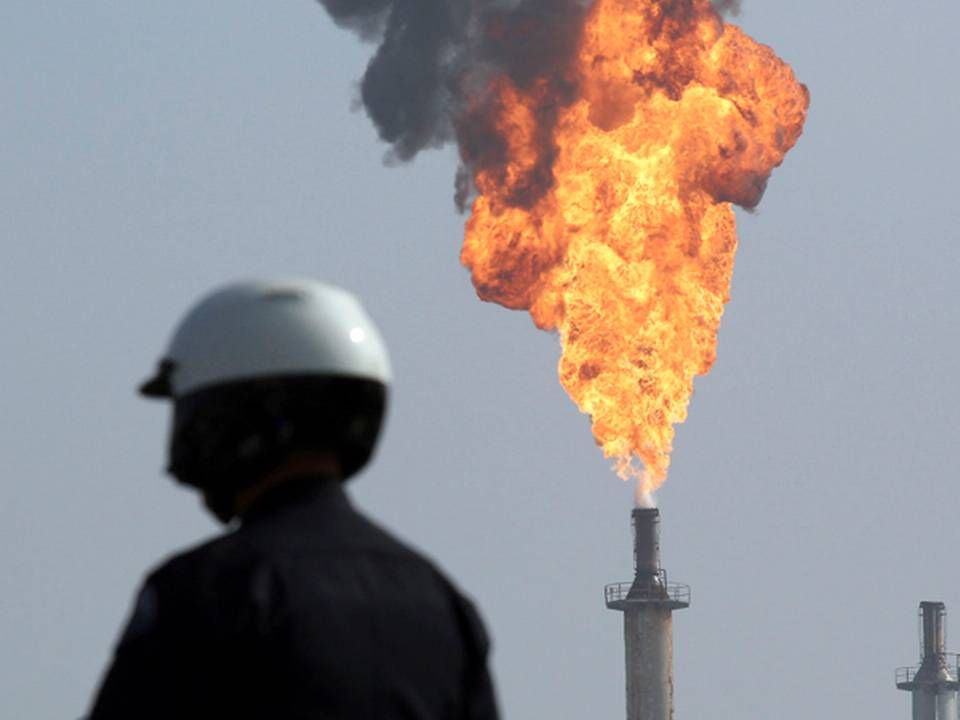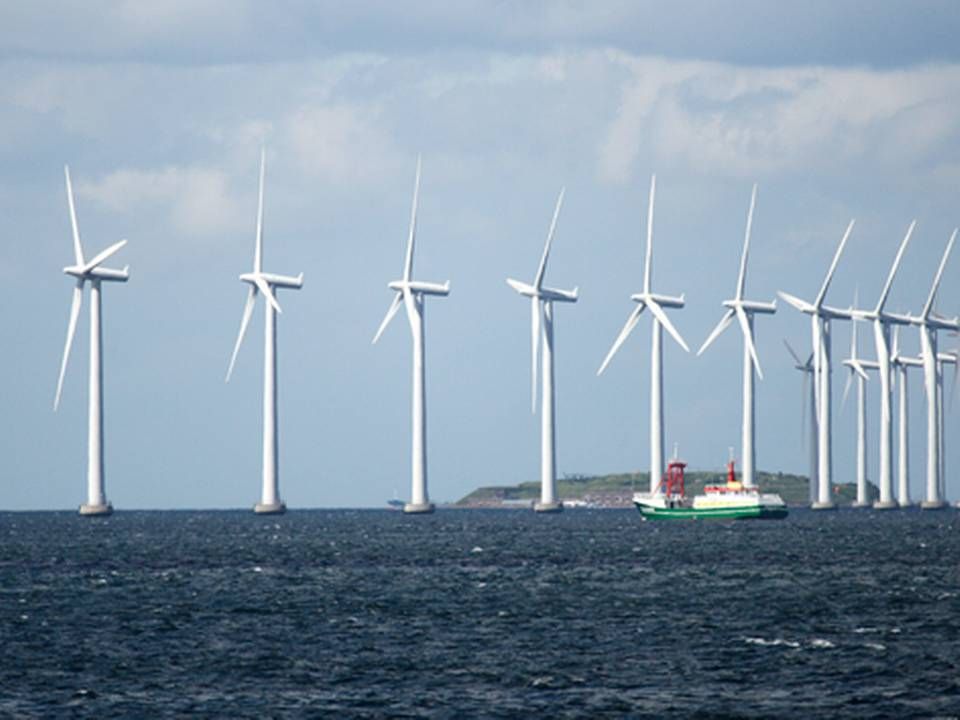Millennials have money to spend, and they demand action

The Millennial generation continues to enjoy bigger shares of the global capital pie, and surveys reveal that they intend to spend their money on investments that basically - in their opinion - will make the world a better place.
Asset management companies must embrace this mega trend if they wish to attract millennial customers to their businesses.
"Millennials are much more convinced that investments are able to make a difference, for example, in terms of climate changes and in the fight against poverty. In general, they request companies to walk the talk when it comes to sustainability, and the topic of corporate behavior leaves them skeptical," says Anders Klinkby, Director at the advisory firm Klinkby Enge, whose clients are mainly investment companies.
"This stresses the importance for investment companies to keep a data-driven narrative about their precise understanding of sustainable or responsible investments, in which they can document action and effect," continues Klinkby, who is a former CEO of the Danish trade association for investment funds.
Those born between 1981 and 2001 are part of the generation often referred to as millennials or Generation Y.
Millennials are especially children of the so-called baby boomers; people born right after the Second World War and up until the early 1960s.
According to several surveys about investment behavior, millennials are different from the overall population in that they seem to prioritize responsibility and sustainability more than average.
Collecting capital
Klinkby Enge has collected the key international analysis in the field, and millennials are predicted to inherit more capital than any generation before them and invest 10 percent of the global capital in 2020.
And their agenda is clear: Millennials believe in collective action, in making the world a better place through activist investments, and in willingness to prioritize purpose and risk over returns.
Popular good purposes are, for instance, the sustainability agenda, climate, inequality and the fight against poverty.
"If you talk the talk but are unable to explain your exact intentions, it won’t be long before you are accused of greenwashing," says Klinkby.
Greenwashing is a term used to describe initiatives and companies that market themselves as green or sustainable, but which never take real action.
Activist asset trust relied on women
In asset trust SDG Invest, the activist and sustainable approach has already paid off. Since its launch in early 2018, the trust has a mission to invest based on the UN 17 Sustainable Development Goals, and year to date they manage assets worth DKK 275 millions.
However, there is no reason to wait for the millennials, explains Anne Louise Thon Schur, partner in advisory firm SDG Lead, that co-founded SDG Invest in a collaboration with asset management company Stockrate Asset Management:
"Our investors already believe in the importance of our agenda, so we don’t wait around for Millennials to get their hands on the cash. I personally believe that Millennials will save the world but with the development that is happening within technology, artificial intelligence and everything else that goes on right now, I also predict that we will face a challenge in just staying focused. So it is very positive that many others have a sustainable agenda, too," she says.
According to Schur, more than 200 private investors are already involved with SDG Invest, and it pleases her that customer profiles do not all fit in the same box.
"We had a strong idea that millennials and especially women would be interested. However, we have completed an investor analysis and have to admit that our predicted profile is incorrect. Our group of investors is very broad both in terms of education, age and gender," she says.
New customer behavior forces Sparinvest secret out in the open
Sparinvest is an established asset management company very much involved with another significant trend in the field of investment: Index investments and the discussion about passive management and costs. However, they pay close attention to the millennial potential and demands.
"We very much sense how the movement for sustainability and ESG (environmental, social and governance factors) are a serious matter to a lot of people, and the trend is evolving fast. The institutional segment has known this for a long time, but we are starting to see a new behavior in the private segment as well," says Mette Harbo Bossow, Head of Index Investments at Sparinvest.
"Our approach to this topic is our best kept secret. We need to more actively tell people what we do, because this isn’t something that we just came up with, but rather an approach that is essential to our strategy," she goes on.
Talk is cheap
Sparinvest typically works with index investments that offer an overall exposure to industries and sectors, and they apply screenings and active ownership in their efforts towards ethics, sustainability and general ESG.
Back at SDG Invest, Schur is not convinced that screenings propose a sufficient tool to catch the activist agenda, that is one of the priorities to the millennial generation.
"We take it much further than just using typical ESG tools which allow you to navigate according to public available data points. We evaluate whether we believe the company is part of a sector driving an important social agenda, we take into account innovation, circular economy and the whole sustainability agenda. We really get to the companies, and make true corporate activism happen – and it works," Schur says.
A recently published survey from Global Impact Investing Network (GIIN), the most comprehensive of its kind to date, reveals that the market of the so-called impact investments, whose purpose is to change and improve the world, to be currently valued at EUR 447 billion. Thus, compared to previous surveys, the market value has more than doubled, and GIIN states, that there’s a need for a shared definition of impact investment, in order for funds not to use this investment category purely for marketing purposes.
60 global asset managers support new standard for impact investments
Related articles
Danish pension providers may be about to exclude oil giants
For subscribers















